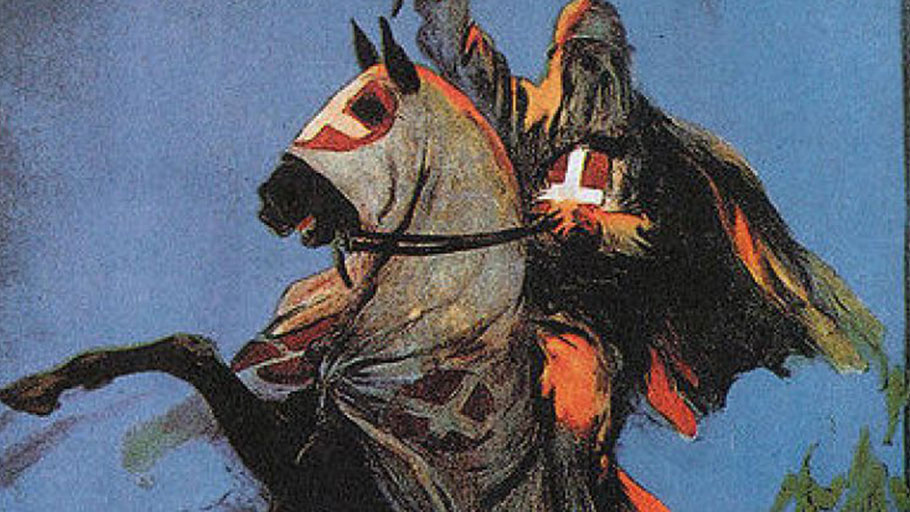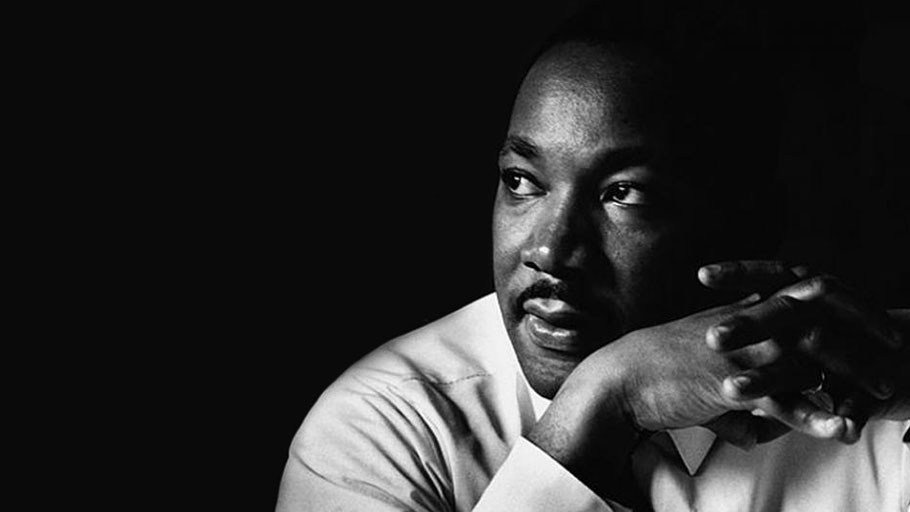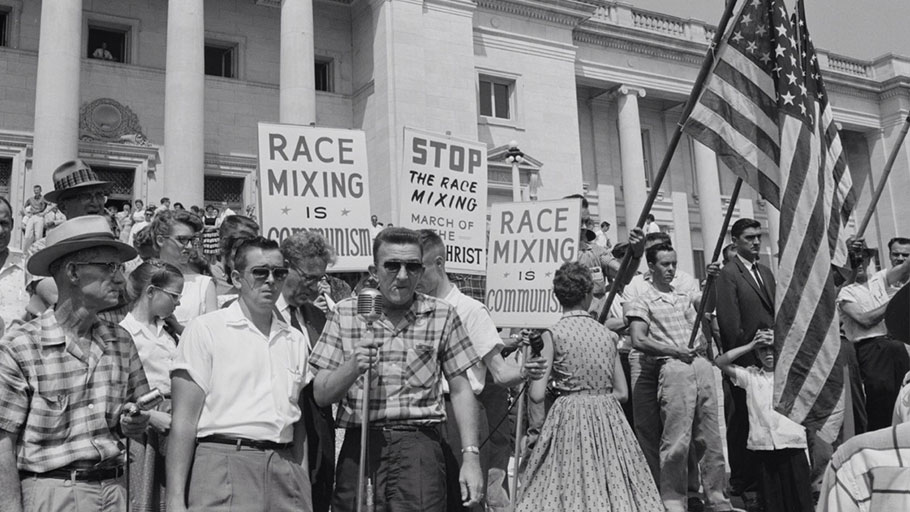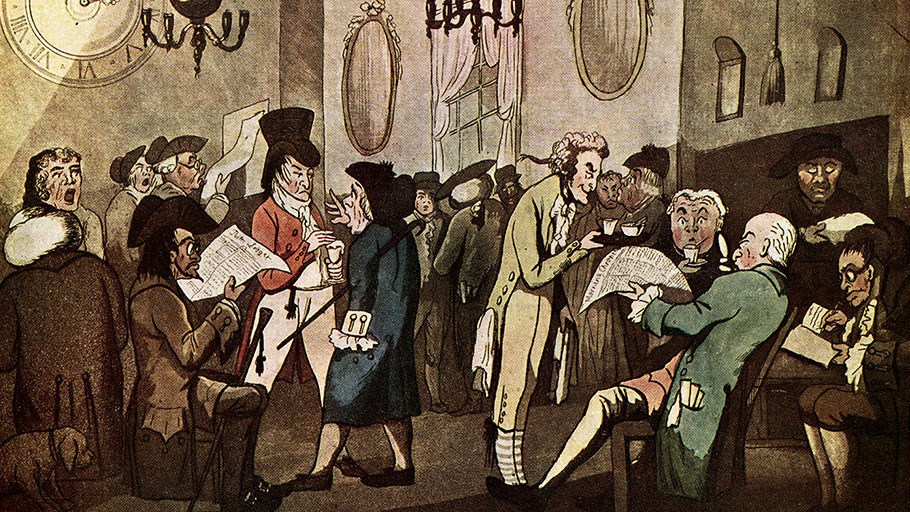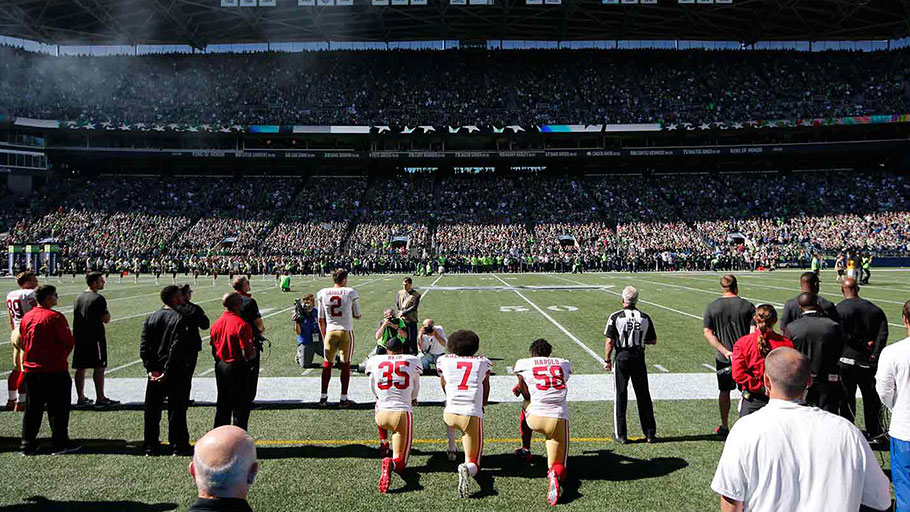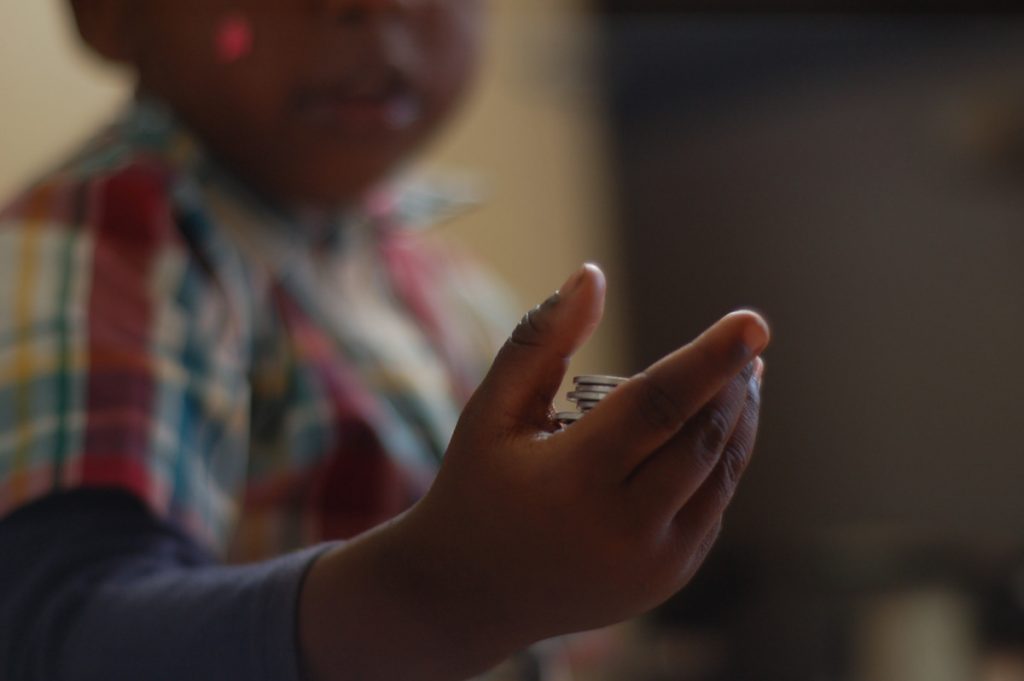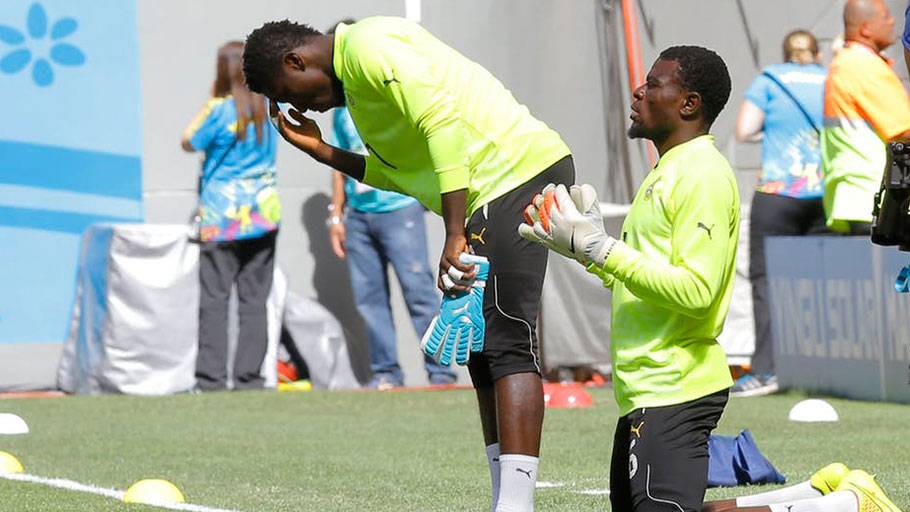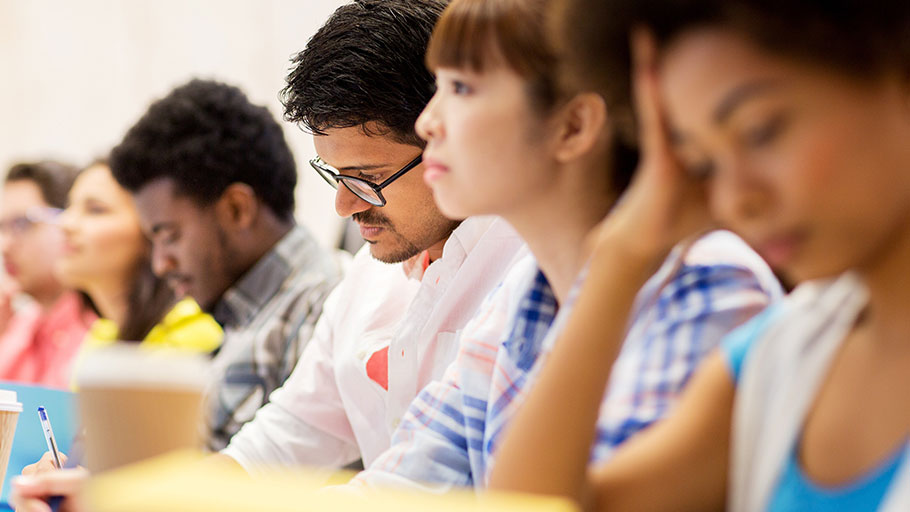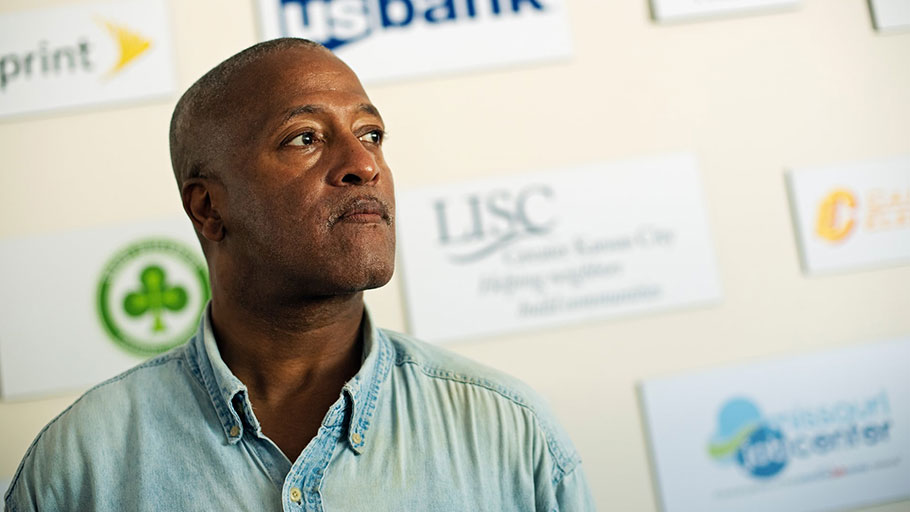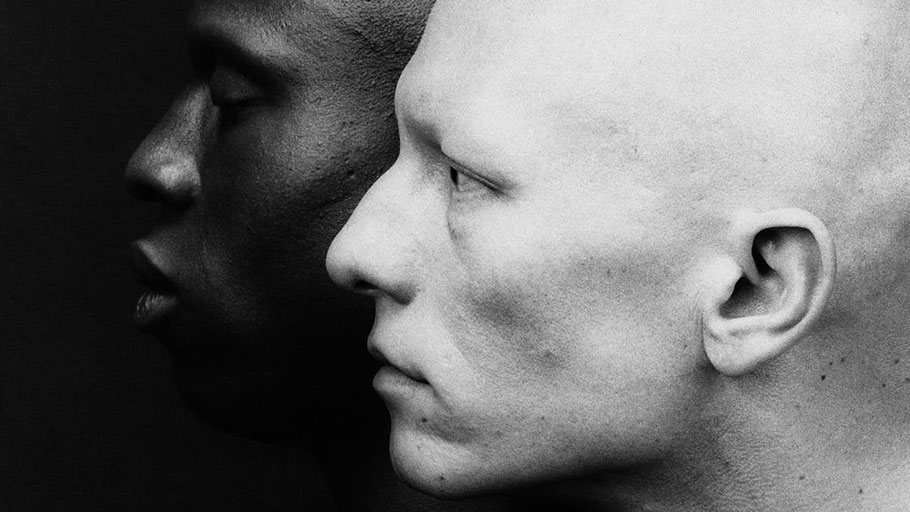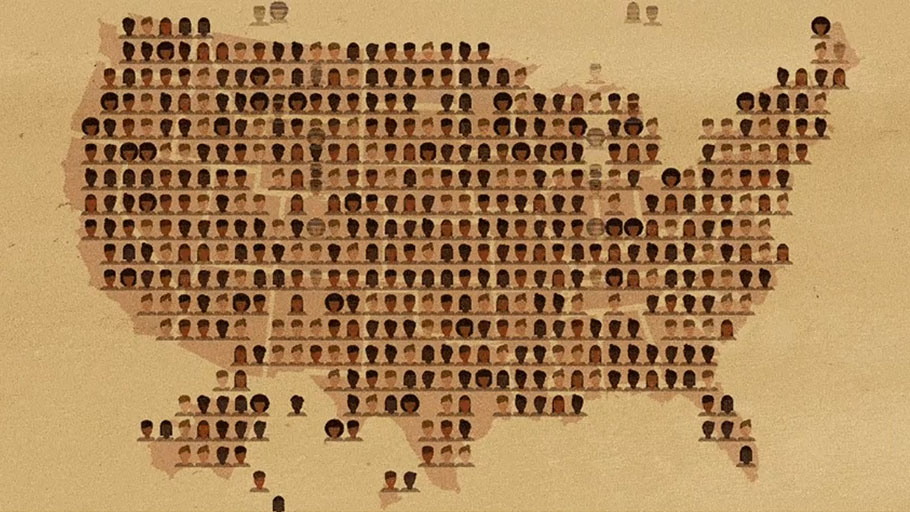
How demographic change is fracturing our politics. By Ezra Klein, Vox — In 2008, Barack Obama held up change as a beacon, attaching to it another word, a word that channeled everything his young and diverse coalition saw in his rise and their newfound political power: hope. An America that would elect a black man president was an America in which a future was being written that would read thrillingly different…

